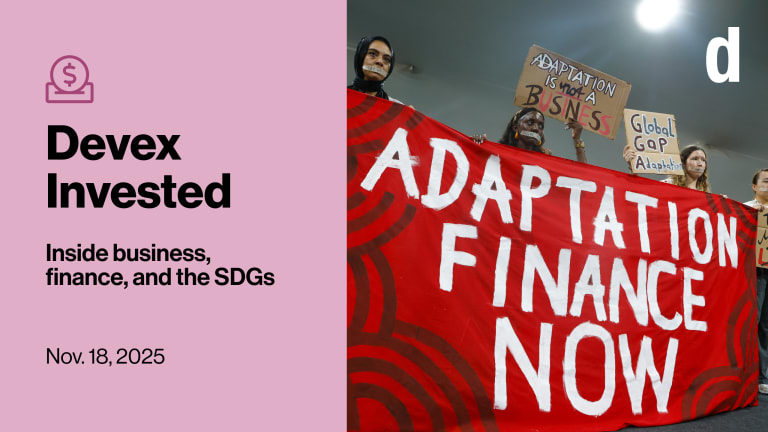The past years have shown that solidarity in climate response remains possible and works. Indeed, the establishment of the Fund for Responding to Loss and Damage, or FRLD, represents a landmark in international cooperation and renewed global solidarity toward climate action.
Since the decision to operationalize FRLD more than a year ago, significant progress has been made in advancing its mandate — building the capacities of most vulnerable nations in responding to loss and damage and prioritizing swift action in reaching the most affected populations. However, current global projections indicate a stark reality — escalating climate-induced loss and damage far outpace the resources available, underscoring the urgency to capitalize the fund to meet the growing demand.
The Sixth Assessment Report from the Intergovernmental Panel on Climate Change warned that climate-related loss and damage will continue to worsen, disproportionately affecting vulnerable populations, with over 3.3 billion people already at high risk.








